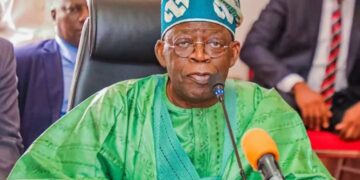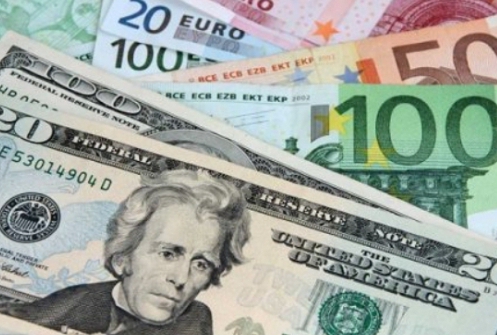By Eshioromeh Sebastian, Abuja.
Nigeria’s Net Foreign Exchange Reserves (NFER) have surged to an impressive $23.11 billion as of the close of 2024, marking the highest level recorded in over three years.
The Central Bank of Nigeria (CBN) has ascribed this notable upturn to “strategic policy interventions designed to enhance external liquidity, mitigate short-term liabilities, and reinvigorate investor confidence.”
The substantial rise in Nigeria’s foreign exchange reserves signifies a crucial economic milestone, reflecting improved fiscal stability and enhanced capacity to meet international obligations. A bolstered reserve position strengthens the nation’s ability to defend the naira against external shocks, curtail inflationary pressures, and facilitate smoother trade operations. Moreover, this development signals to global investors that Nigeria is adopting more prudent monetary policies, which could attract renewed foreign direct investment (FDI) and portfolio inflows.
From a macroeconomic perspective, the accumulation of foreign reserves underscores the effectiveness of the CBN’s recent reforms, including tighter control on speculative forex activities and deliberate efforts to boost export earnings. A stronger reserve base also enhances Nigeria’s creditworthiness, potentially leading to better sovereign credit ratings and reduced borrowing costs on international markets. Over the medium term, this could translate into greater economic resilience, enabling the government to pursue developmental projects without excessive reliance on external debt. Ultimately, this upward trajectory in reserves, if sustained, may herald a period of renewed economic optimism for Africa’s largest economy.
According to the CBN, the NFER represents a significant rise from $3.99 billion at the close of 2023, $8.19 billion in 2022, and $14.59 billion in 2021.
The NEFR adjusts gross reserves by accounting for near-term liabilities such as foreign exchange (FX) swaps and forward contracts, and it is considered a more precise measure of Nigeria’s ability to meet immediate external obligations.
In addition to the increase in net reserves, Nigeria’s gross external reserves also expanded to $40.19 billion by the end of 2024, compared to $33.22 billion recorded at the end of the previous year.
This development, the apex bank, said reflects a combination of strategic actions undertaken by the CBN, including a substantial reduction in short-term FX liabilities, particularly swaps and forward contracts.
The apex bank attributed the improved reserve position to policy interventions designed to stabilize the FX market, strengthen confidence, and enhance external liquidity. These measures, combined with rising foreign exchange inflows—particularly from non-oil sources—have contributed to a more robust reserve framework.
The CBN noted that these efforts have led to a stronger and more transparent reserve position, equipping Nigeria to better withstand external economic shocks. Despite the ongoing reduction in short-term liabilities, the overall reserve quality has continued to improve.
“deliberate policy actions aimed at rebuilding confidence, reducing economic vulnerabilities, and establishing a foundation for long-term stability.” He reiterated the bank’s commitment to sustaining these gains through transparent operations, fiscal discipline, and market-driven reforms.
The statement said reserves have continued to strengthen in 2025. “While first-quarter figures reflected seasonal and transitional adjustments, including significant interest payments on foreign-denominated debt, the underlying fundamentals remain stable” it read.
The CBN projects a continued increase in reserves throughout the second quarter, supported by improved oil production and a favorable export growth environment that is expected to strengthen non-oil foreign exchange earnings.
Looking ahead, the CBN said it “remains focused on prudent reserve management, transparent financial reporting, and macroeconomic policies that promote exchange rate stability, attract investment, and enhance long-term economic resilience.”










































Discussion about this post